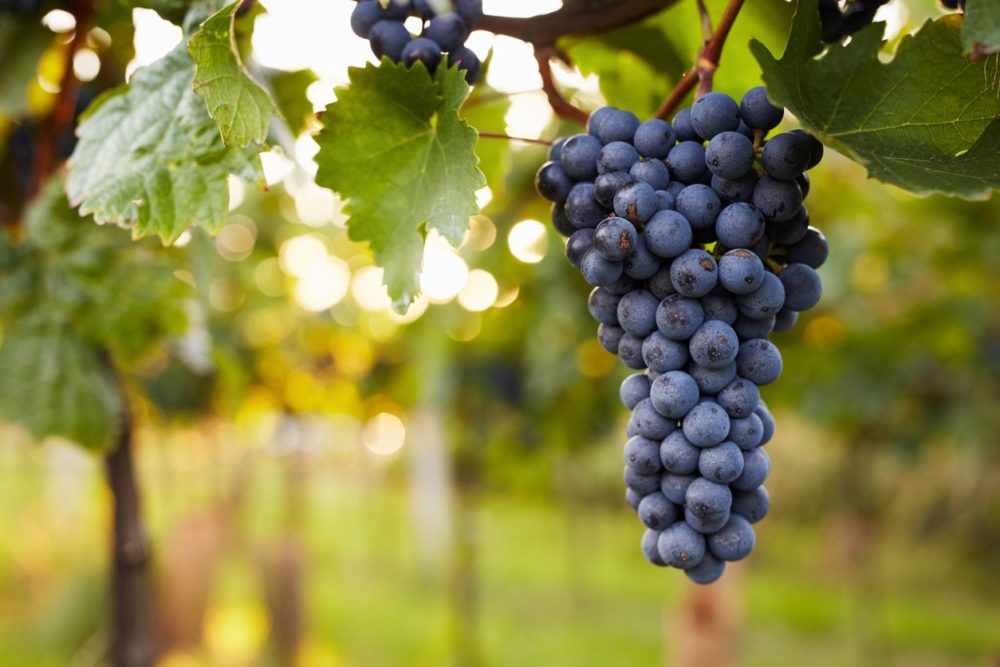Online ag marketplace ProducePay has teamed up with climate strategies provider ALLCOT to launch what the companies say is “the first-of-its-kind” carbon-offset program for produce growers. Through the program, ProducePay hopes to help growers generate residual income and make them more resilient to the impacts of climate change.
ProducePay, which has headquarters in the US and Mexico, runs an interactive online marketplace offering a variety of services to farmers, including financing and pricing analytics. The service also connects produce growers and buyers, and it underwrites farming and trading risks.
ALLCOT is a longtime developer of “climate change services” that assist companies with emissions reductions, project verifications, certificate registration, and other climate-related tasks.
How it works
The new carbon program will operate like other voluntary carbon credit programs, ProducePay founder Pablo Borquez Schwarzbeck tells AFN.
Typically in voluntary carbon markets, farmers generate carbon credits by adopting climate-smart and/or regenerative agriculture practices that sequester carbon, such as cover-cropping, crop rotation, and no-till farming. Once a carbon credit is generated, it enters the market where buyers can purchase it to offset their emissions.
In terms of eligible crop types, Borquez Schwarzbeck specifies asparagus, grapes and strawberries, in keeping with a recent feasibility study the companies did to assess the carbon market potential of five produce growers in the US and Mexico.
ALLCOT will ensure the ProducePay offset program will meet the rigorous international standards of their carbon verification.
ProducePay expects to roll-out the program to growers using its marketplace later this year. The program is the first part of ProducePay’s ‘Sustainably Sourced’ initiative, which aims to build a worldwide sustainable produce supply chain standard and help growers access the economic benefits of climate-smart agriculture.
Why it matters
The market for carbon credits could be worth $50 billion in 2030, according to research from McKinsey. The majority of voluntary carbon markets have been created for commodity crops like corn and soy, and for the forestry sector, however. Produce growers rarely if ever participate in carbon markets.
Reasons for this vary. Major programs like those from Bayer or Indigo Ag focus largely on the Midwest and don’t service the geographic areas where strawberries, grapes and other speciality crops are grown. Getting adequate financial returns for their efforts is also a hurdle for produce growers.
“These growers are sitting on a lucrative opportunity to make thousands, if not millions, of dollars in residual income that will not only help the world mitigate climate change but also create a more resilient future for them—as these growers are often the most impacted by climate change,” Borquez Schwarzbeck said in a statement. “We want to empower produce farmers to be on the frontlines of carbon markets, not on the sidelines.”
Voluntary carbon markets still face a host of challenges on the road to widespread adoption, including inconsistent accounting and verification methodologies, and limited data. Such issues could potentially impact produce growers hoping to participate in ProducePay and ALLCOT’s initiative.





